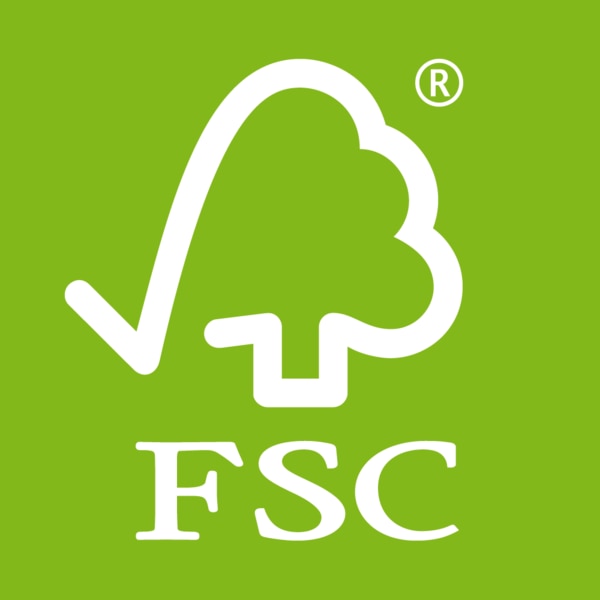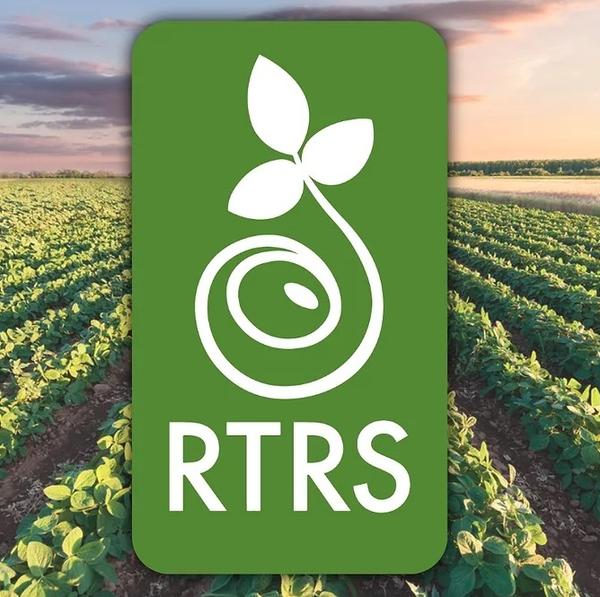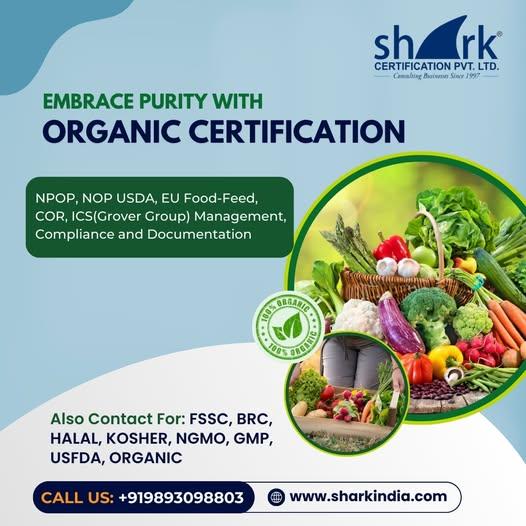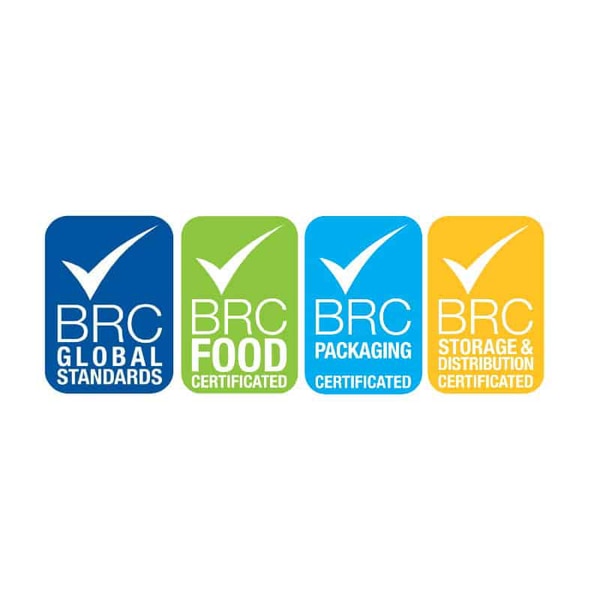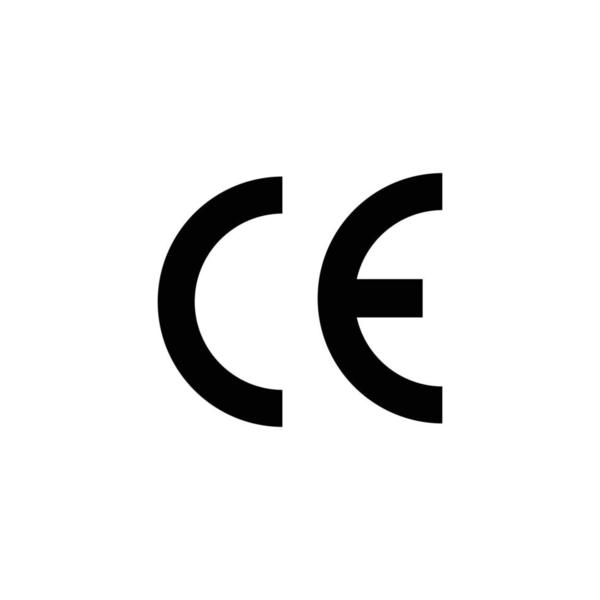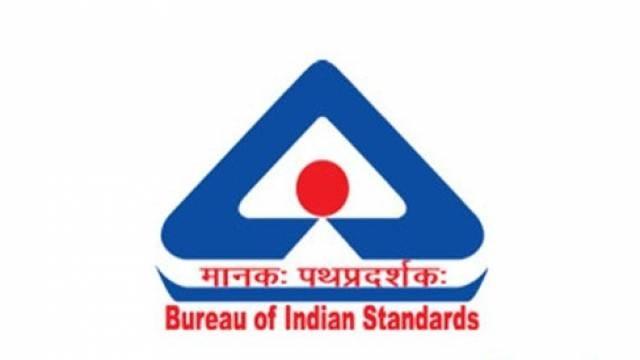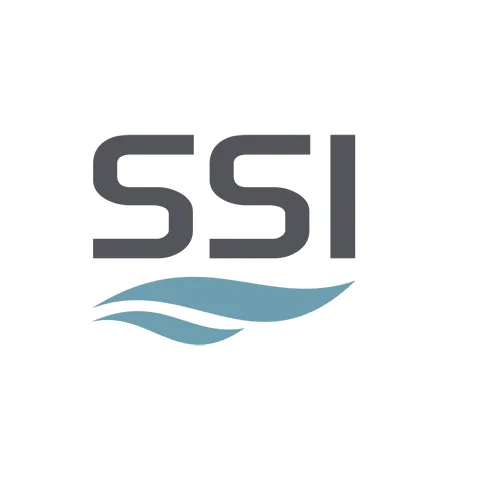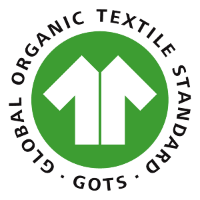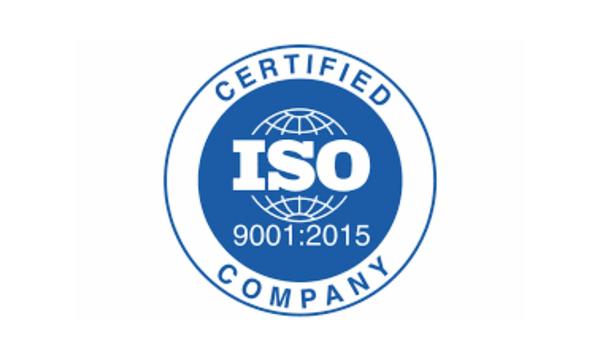FSC Certification in Indore Your Trusted Partner – Shark Certification Pvt. Ltd., Indore With increasing global demand for environmentally responsible products, FSC® (Forest Stewardship Council®) Certification has become a critical requirement for businesses engaged in the wood, paper, packaging, printing, and furniture industries. At Shark Certification Pvt. Ltd., we provide expert consulting and end-to-end support for obtaining FSC and PEFC certifications across India. What is FSC Certification? FSC Certification ensures that products sourced from forests—such as timber, paper, and packaging—are obtained responsibly and sustainably, with due consideration for the environment, communities, and economies. Businesses certified under FSC are allowed to use FSC labels, providing assurance to consumers and buyers that their products meet global sustainability standards. Why is FSC Certification Important in India? India’s growing export markets, especially in packaging, furniture, handicrafts, pulp & paper, and print, increasingly demand FSC-certified products. Global buyers now require FSC-labeled goods like corrugated boxes, paper bags, hang tags, and other wood-based materials. While large Indian companies have paved the way, now SMEs are also realizing the value of FSC certification to expand their global reach and credibility. Types of FSC Certificates The type of FSC certification you need depends on your role in the supply chain: FSC Forest Management (FM) – For forest owners and managers to demonstrate responsible forestry practices FSC Chain of Custody (CoC) – For manufacturers, traders, and processors ensuring traceability from forest to final product FSC Controlled Wood – For companies that mix FSC and non-certified wood, verifying the non-certified portion meets FSC’s risk mitigation requirements FSC Labels You Can Use Once certified, your business may use one of the following FSC labels based on sourcing and production: FSC 100% – Made entirely from FSC-certified forests FSC Mix / FSC Mix % / FSC Credit – Blend of FSC-certified and controlled sources FSC Recycled – Made from reclaimed materials Challenges in the Indian Market – and How We Help Despite the rising demand, several challenges remain in the Indian ecosystem: Limited FSC Certified Forests: Most FSC-certified timber is imported due to low domestic coverage under Forest Management certification Few FSC Certified Traders: While manufacturers and mills may be certified, FSC-certified traders and distributors are still scarce Gaps in Awareness: Many SMEs are unaware of the process, cost, or benefits of certification Shark Certification Pvt. Ltd. bridges this gap by providing: Complete certification roadmaps and training Help with locating FSC-certified suppliers and materials Pre-audit assessments and documentation support Ongoing consultation to maintain compliance and renewals FAQs: Your FSC Questions Answered Do I need FSC certification if my supplier is certified? ✅ Yes. If you wish to sell your products as FSC-certified, your company must also be certified—even if you use FSC-certified raw materials. How do I get FSC certified? ✅ The process begins with identifying the applicable FSC certificate type. Then, an accredited FSC Certification Body conducts an audit of your operations. On successful completion, you’re issued an FSC certificate and added to the global FSC database. How much does it cost? ✅ Cost depends on company size, scope, and audit complexity. We offer transparent pricing and affordable options tailored for MSMEs and larger organizations alike. Why Choose Shark Certification Pvt. Ltd.? ✅ Located in Indore, serving pan-India clients ✅ Expertise in FSC, PEFC, and other sustainability certifications ✅ Fast, efficient turnaround with practical guidance ✅ Support in finding FSC-certified materials and vendors ✅ Personalized, end-to-end support—from readiness to certification and beyond Get FSC Certified with Confidence If you’re looking to unlock export potential, win global clients, or contribute to sustainable practices, FSC certification is the way forward. Let Shark Certification Pvt. Ltd. guide you with clarity, speed, and reliability.

